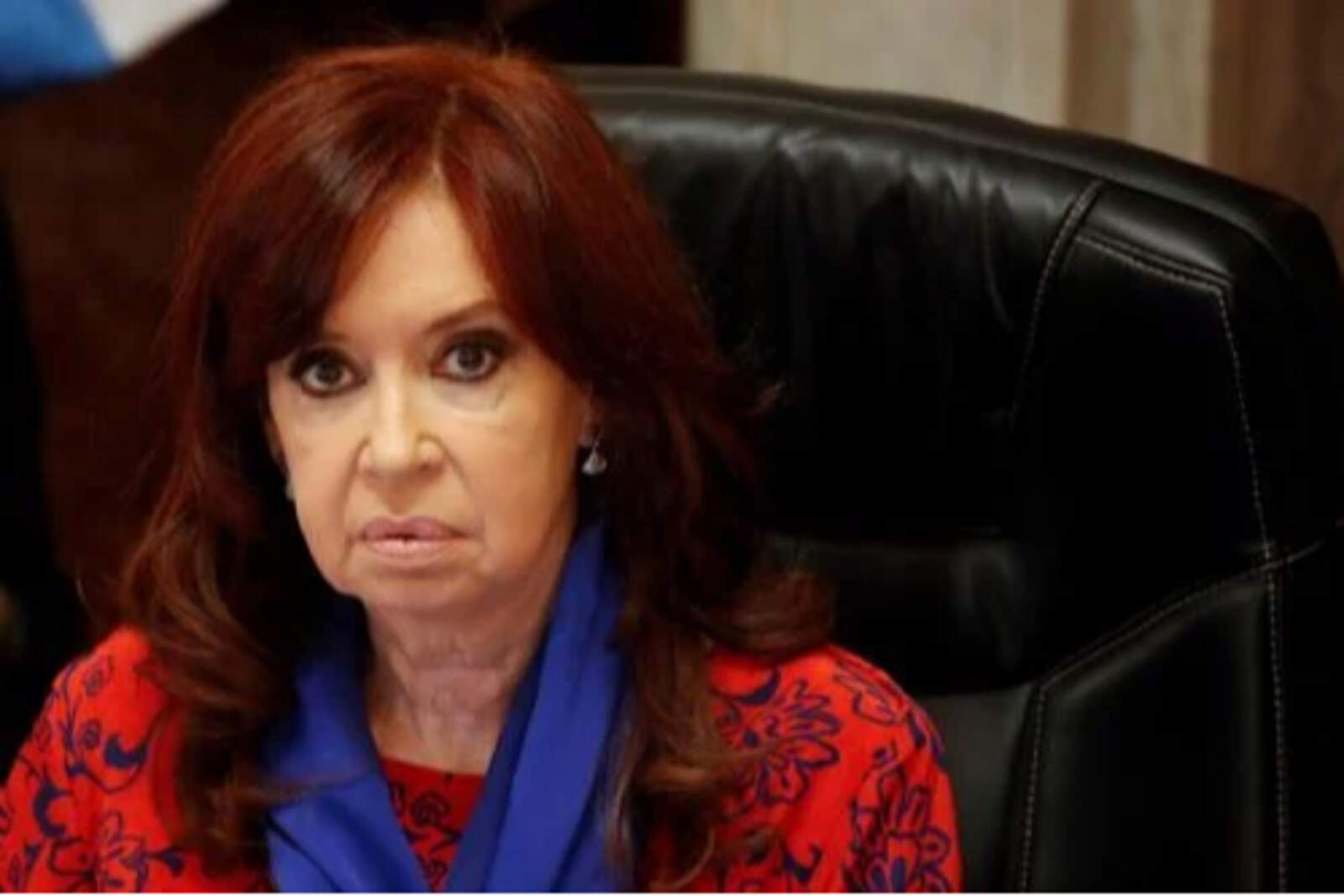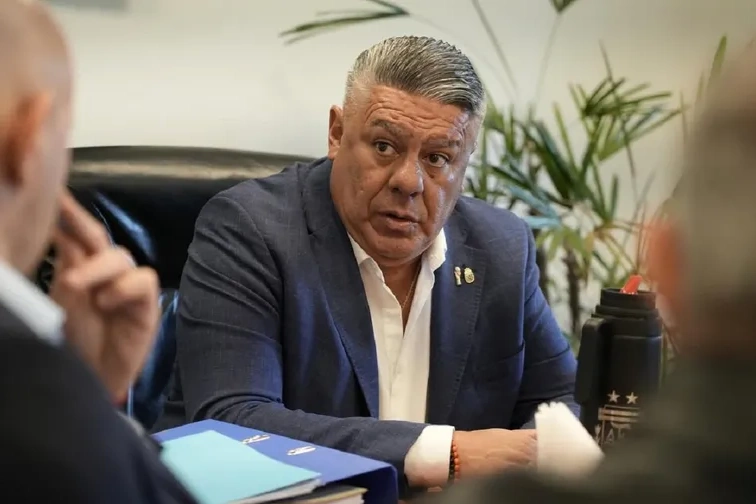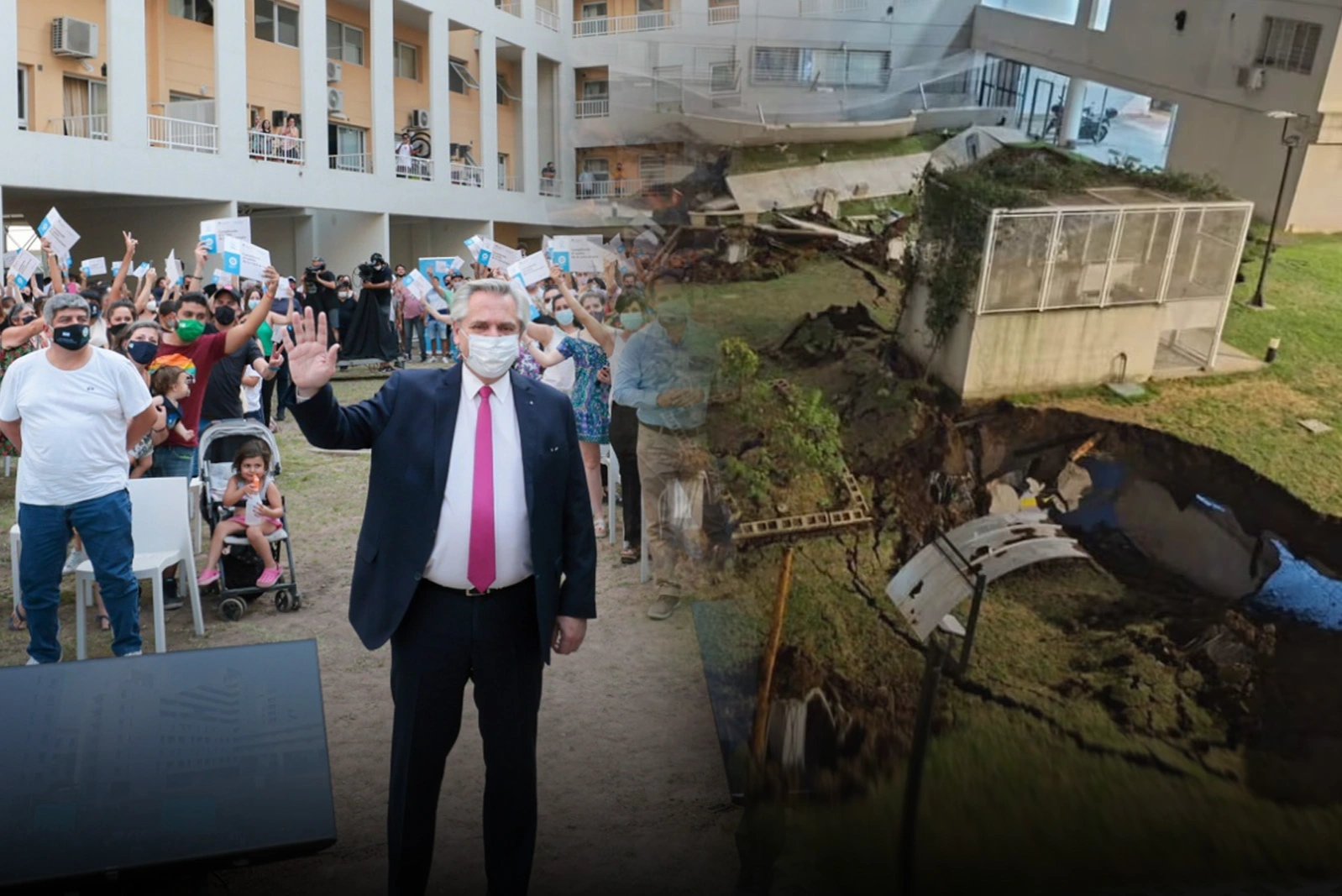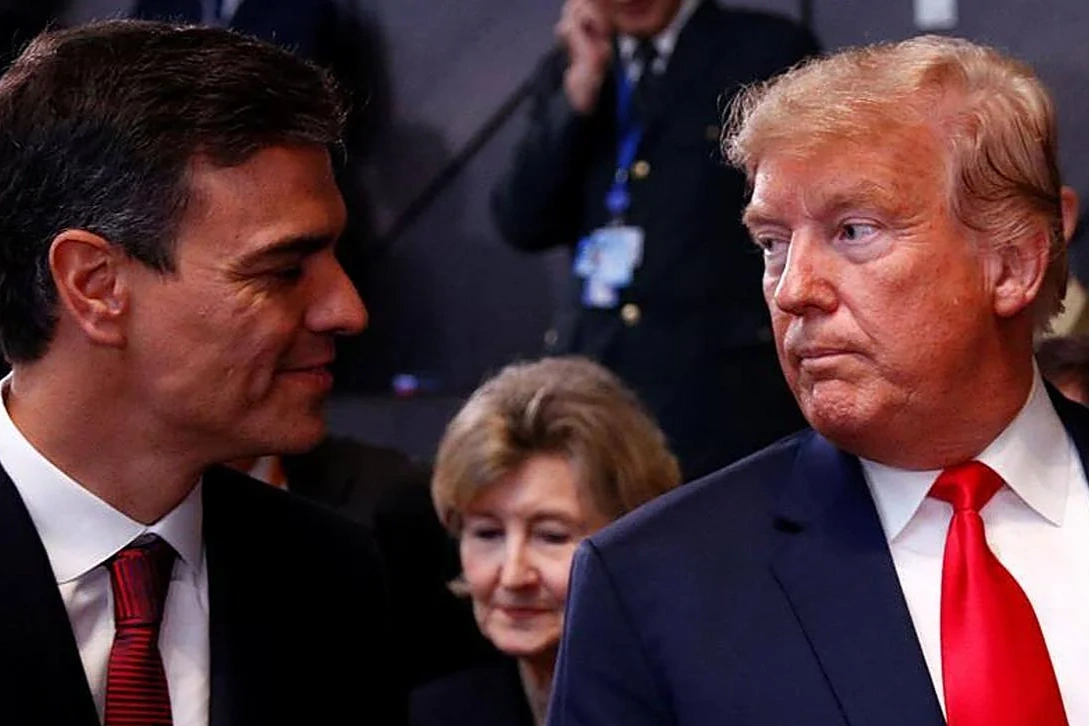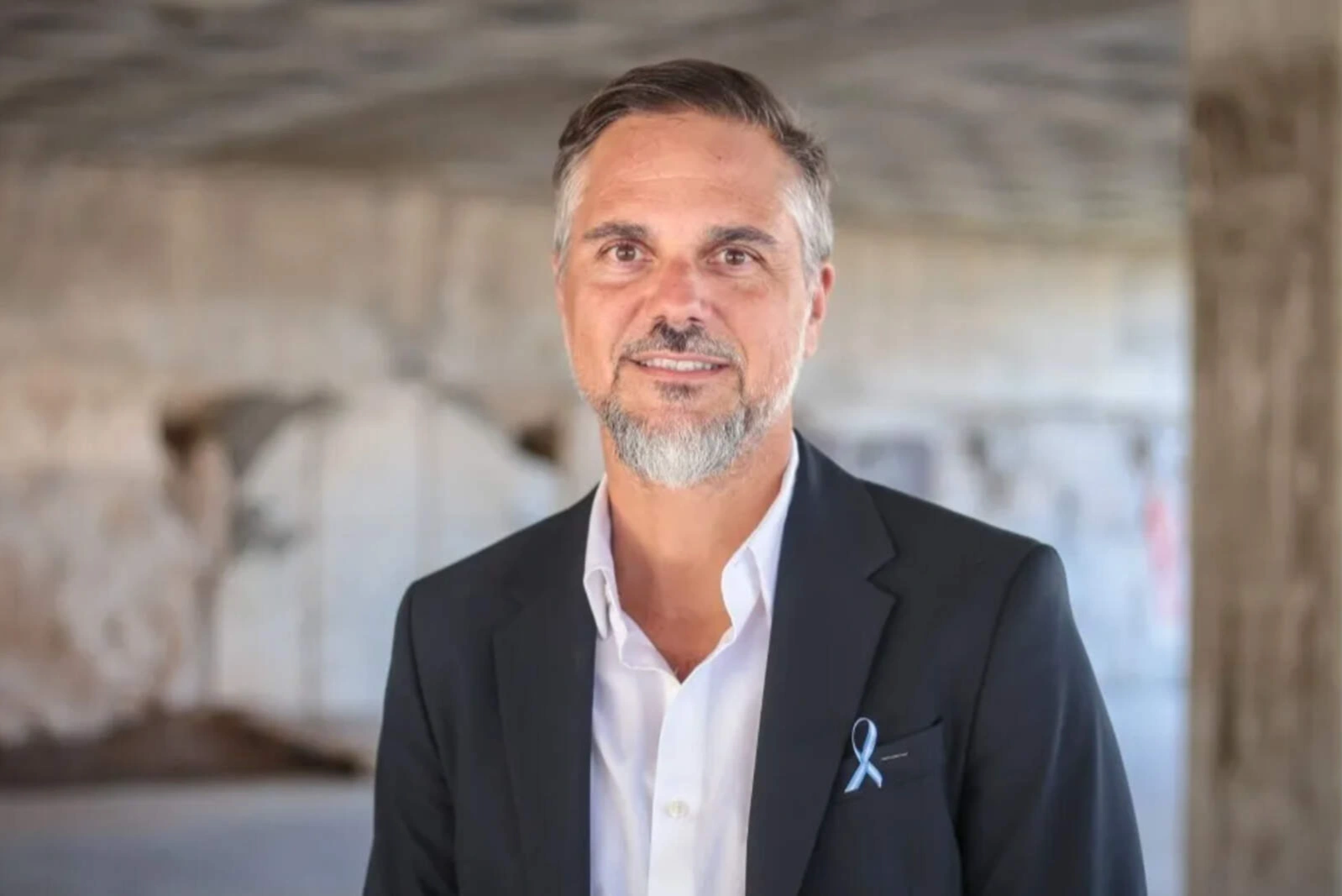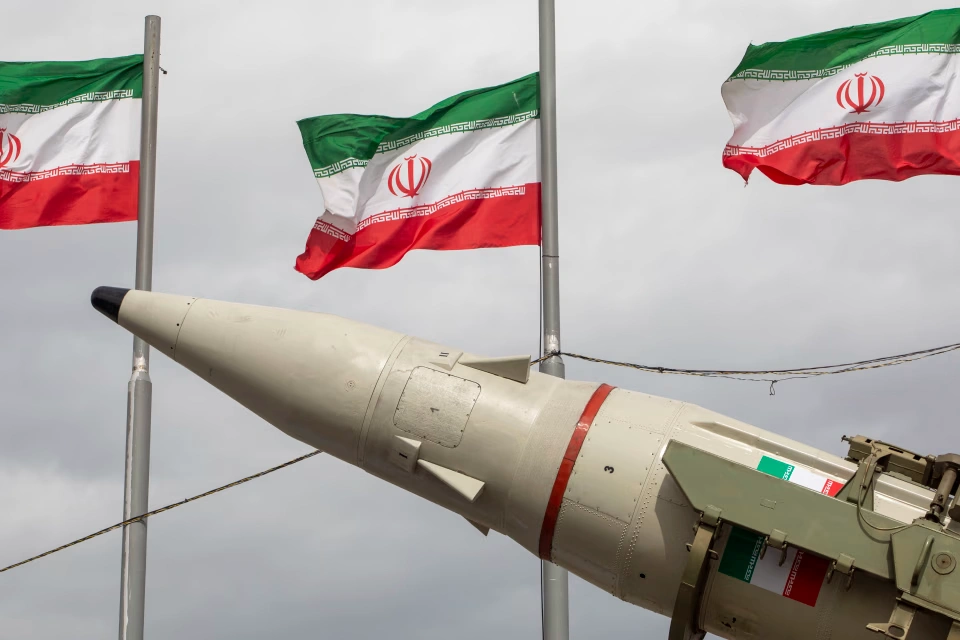In a new blow to the already worn-out structure of Unión por la Patria (UP), four Peronist senators decided to break ranks and form their own bloc under the name "Convicción Federal," marking a break with the leadership of Cristina Kirchner.
The new bloc will be composed of Fernando Aldo Salino (San Luis), Carolina Moisés (Jujuy), Guillermo Andrada (Catamarca), and Fernando Rejal (La Rioja). Salino will assume the presidency, while Moisés will take the vice-presidency. Although they assured that they will remain within the UP interbloc, the move represents a clear challenge to the former president, whose leadership is increasingly questioned within her own space.
From the "Convicción Federal" bloc, they justified their decision in a statement where they pointed out the need to "reinforce the strategy of openness and internal debate," while promising to "add voices in opposition to the National Government." However, the background of this rupture is much deeper: the senators seek to distance themselves from a political leadership that has lost legitimacy.
Kirchnerism tried to minimize the fracture, but the reality is undeniable. It is not the first time that Cristina Kirchner faces defections within her space. In recent months, Peronism has fragmented into multiple sectors, many of which desperately seek to distance themselves from the dead weight that her leadership represents.
Proof of this is the situation in Jujuy, where Moisés decided to launch her own political space, distancing herself from the Kirchnerist apparatus after a failed negotiation with CFK.

